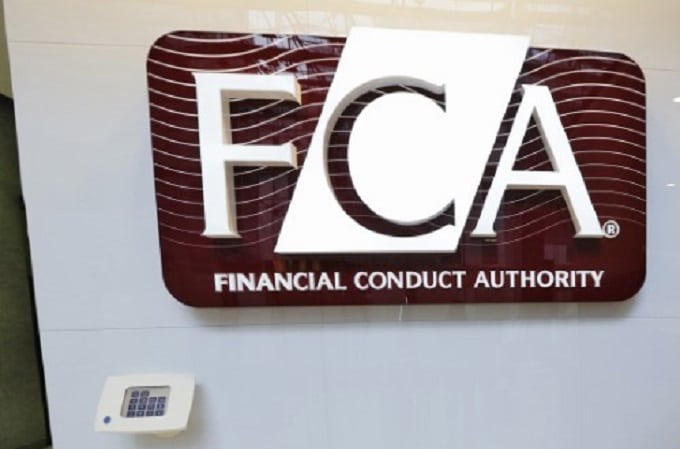On Monday the regulator published its business plan for the 2018/19 financial year which revealed an annual funding requirement (AFR) of £543.9m, a 3.2% increase from £508m the year before.
The AFR includes the watchdog’s budget for ongoing regulatory activities (ORA) and the costs it needs to recover for changes to its regulated activities and the UK’s departure from the EU, known as scope-change costs.
It estimated the additional cost of its EU withdrawal work outside its redeployed resources as £16m, taking the total to £30m.
The regulator has proposed allocating £5m of its ORA reserves to mitigate the impact on fee payers by allocating this to fund work relating to EU withdrawal across fee-blocks. These blocks include banks, insurers, fund managers and proprietary traders – those the FCA believes are most likely to be affected by Brexit.
Despite this, fees are expected to increase for these groups, including advisers and fund managers.
The levy on advisory arrangers, dealers or brokers, the so-called A13 block, will see a 4.2% increase this financial year, from £77.1m to £80.3m.
Portfolio managers, block A7, will be expected to pay £46.6m, a 4% increase from the £44.9m in 2017/18.
The FCA said: “Our AFR for 2018/19 is £543.9m, an increase of 3.2%. Our AFR includes our ongoing regulatory activities budget costs, the costs we need to recover for changes to our regulated activities (scope change) and EU withdrawal.
“We are committed to delivering an ORA budget that is flat in real terms, subject to any changes in our wider ongoing regulatory responsibilities.”
The regulator has also allocated £11m of scope-change costs for implementing Mifid II to the fee-blocks most directly impacted by the regulatory regime and market data reporting.
It lists these as portfolio managers; managers and depositaries of investment funds, and operators of collective investment schemes or pension schemes; firms dealing as principal; advisers arrangers, dealers or brokers; and corporate finance advisers.
David Miller, partner at KPMG, said: “The FCA has placed an understandable focus on its response to EU withdrawal, its progress will be watched closely as the industry seeks to advance its own Brexit plans. The FCA is clearly having to make some hard choices about how to prioritise its activity across the rest of the market.”







